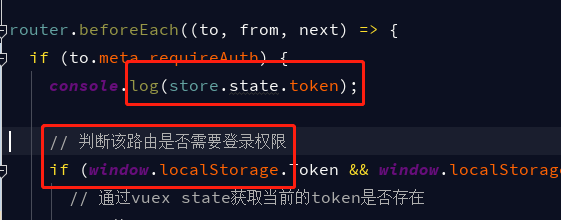Is there a good equivalent implementation of strptime() available for Windows? Unfortunately, this POSIX function does not appear to be available.
Open Group description of strptime - summary: it converts a text string such as \"MM-DD-YYYY HH:MM:SS\" into a tm struct, the opposite of strftime().
An open-source version (BSD license) of strptime() can be found here: http://cvsweb.netbsd.org/bsdweb.cgi/src/lib/libc/time/strptime.c?rev=HEAD
You\'ll need to add the following declaration to use it:
char *strptime(const char * __restrict, const char * __restrict, struct tm * __restrict);
If you don\'t want to port any code or condemn your project to boost, you can do this:
- parse the date using
sscanf
- then copy the integers into a
struct tm (subtract 1 from month and 1900 from year -- months are 0-11 and years start in 1900)
- finally, use
mktime to get a UTC epoch integer
Just remember to set the isdst member of the struct tm to -1, or else you\'ll have daylight savings issues.
Assuming you are using Visual Studio 2015 or above, you can use this as a drop-in replacement for strptime:
#include <time.h>
#include <iomanip>
#include <sstream>
extern \"C\" char* strptime(const char* s,
const char* f,
struct tm* tm) {
// Isn\'t the C++ standard lib nice? std::get_time is defined such that its
// format parameters are the exact same as strptime. Of course, we have to
// create a string stream first, and imbue it with the current C locale, and
// we also have to make sure we return the right things if it fails, or
// if it succeeds, but this is still far simpler an implementation than any
// of the versions in any of the C standard libraries.
std::istringstream input(s);
input.imbue(std::locale(setlocale(LC_ALL, nullptr)));
input >> std::get_time(tm, f);
if (input.fail()) {
return nullptr;
}
return (char*)(s + input.tellg());
}
Just be aware that for cross platform applications, std::get_time wasn\'t implemented until GCC 5.1, so switching to calling std::get_time directly may not be an option.
This does the job:
#include \"stdafx.h\"
#include \"boost/date_time/posix_time/posix_time.hpp\"
using namespace boost::posix_time;
int _tmain(int argc, _TCHAR* argv[])
{
std::string ts(\"2002-01-20 23:59:59.000\");
ptime t(time_from_string(ts));
tm pt_tm = to_tm( t );
Notice, however, that the input string is YYYY-MM-DD
One alternative is to use GetSystemTime and send the time information to a function that parses it according to your format using vsnprintf_s. In the
example below there is one function that creates a time string with milli second
precision. It then sends the string to a function that formats it according to the desired format:
#include <string>
#include <cstdio>
#include <cstdarg>
#include <atlstr.h>
std::string FormatToISO8601 (const std::string FmtS, ...) {
CStringA BufferString;
try {
va_list VaList;
va_start (VaList, FmtS);
BufferString.FormatV (FmtS.c_str(), VaList);
} catch (...) {}
return std::string (BufferString);
}
void CreateISO8601String () {
SYSTEMTIME st;
GetSystemTime(&st);
std::string MyISO8601String = FormatToISO8601 (\"%4u-%02u-%02uT%02u:%02u:%02u.%03u\", st.wYear, st.wMonth, st.wDay, st.wHour, st.wMinute, st.wSecond, st.wMilliseconds);
}


